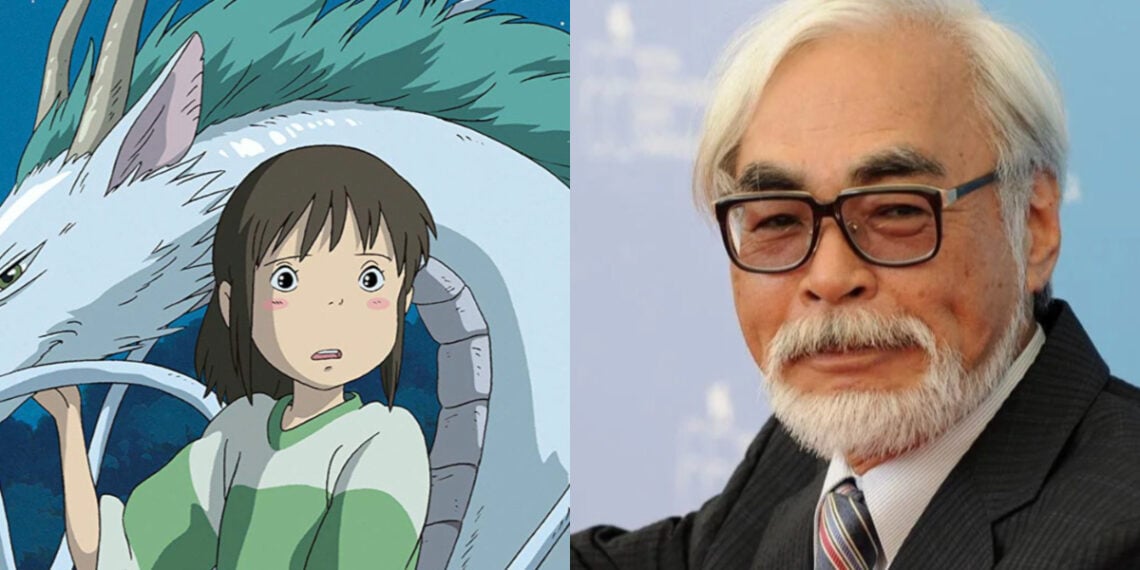The well-known Japanese filmmaker Hayao Miyazaki, co-founder of the acclaimed animation Studio Ghibli, has recently become an unwitting spokesperson for a cryptocurrency phishing scam in Japan.
On December 29th, 2023, Japanese news outlet Bengo4 reported that Miyazaki’s image was being used without his consent to promote fraudulent cryptocurrency investments.
The scammers create fake news articles designed to look like they came from reputable Japanese outlets such as the Yomiuri Shimbun newspaper.
These bogus stories, circulated on the popular Japanese news aggregator site “Goo News,” falsely claim that Miyazaki is touting his own cryptocurrency investment methods and encouraging readers to invest.

The articles provide direct links to sign up for these suspicious “cryptocurrencies,” arousing suspicions of an elaborate phishing scam intended to steal people’s money.
Some articles even absurdly suggest that Miyazaki has been contacted by the Bank of Japan over these fictitious allegations.

An example of these fake articles using Miyazaki’s likeness was screen-grabbed and went viral online in Japan, sparking outrage at the audacity of the scammers to exploit such a renowned cultural figure.
Miyazaki himself has made no statements about cryptocurrency investments and appears to be an unwitting victim in this scheme to trick his fans and supporters in Japan.
Legendary Animator Miyazaki Dragged into Absurd Financial Fraud Scandal on Social Media
A recent viral social media post on platform X, formerly known as Twitter, expressed dismay yet also amusement at Miyazaki being used to promote financial fraud.
The author declines to link directly to the fake articles to avoid spreading the scam further but summarizes that overseas websites have been aggressively pushing bogus stories that falsely attribute endorsement of questionable money-making schemes to famous Japanese figures like Miyazaki.
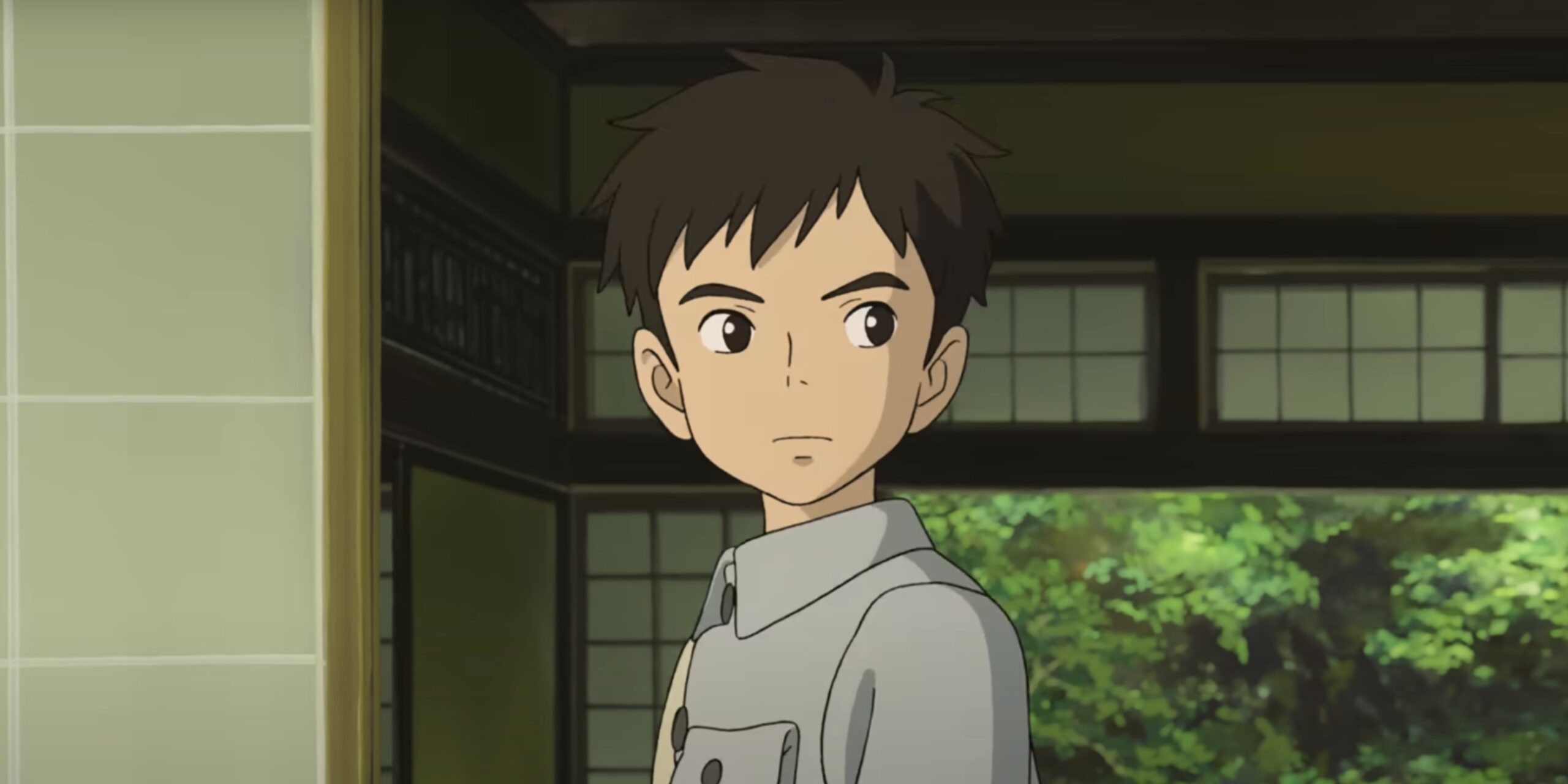
The post expresses that it is obviously absurd for the renowned animator and filmmaker Miyazaki to be passionately advocating for shady cryptocurrency investments or anything similar.
The author notes that it is clearly elder exploitation and financial fraud to misuse Miyazaki’s identity and reputation in Japan this way, yet also admits they can’t help finding the ridiculousness of it darkly humorous.

There’s no possibility Miyazaki actually made such claims or endorsements, according to the post, which laments the audacity of fraudsters to so liberally misrepresent a legendary cultural icon in their phishing scams targeting his longtime fans and supporters.
While expressing dismay, the post’s author just can’t get over the hilarity of hardcore anime fans potentially getting duped into cryptocurrency schemes supposedly promoted by Studio Ghibli’s own Miyazaki.

The post sums up the situation as too awful yet too funny at the same time.
Yomiuri Shimbun Denounces Fraudulent Use of Brand in Cryptocurrency Scam
When contacted by Bengo4 for comment on the fake articles misusing their brand, the major Japanese newspaper Yomiuri Shimbun firmly stated they have no association whatsoever with the fraudulent websites or posts. Yomiuri made clear this is an illegal infringement of their copyrighted content and name.
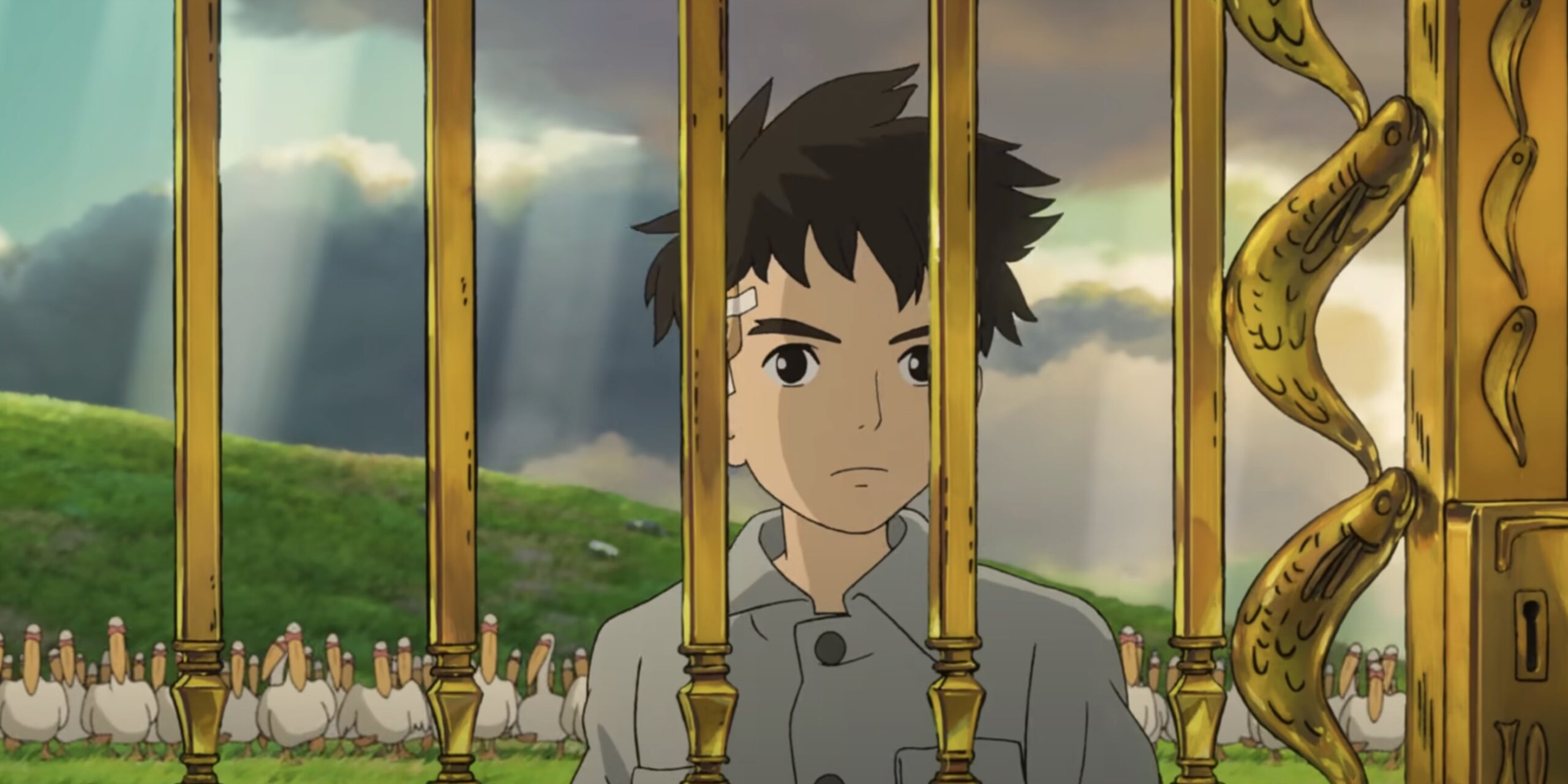
A reputable news company reported copyright violations on the social media platforms where the fake posts appeared.
Yomiuri also demanded the immediate removal of all posts and sites misrepresenting themselves as affiliated with the newspaper.
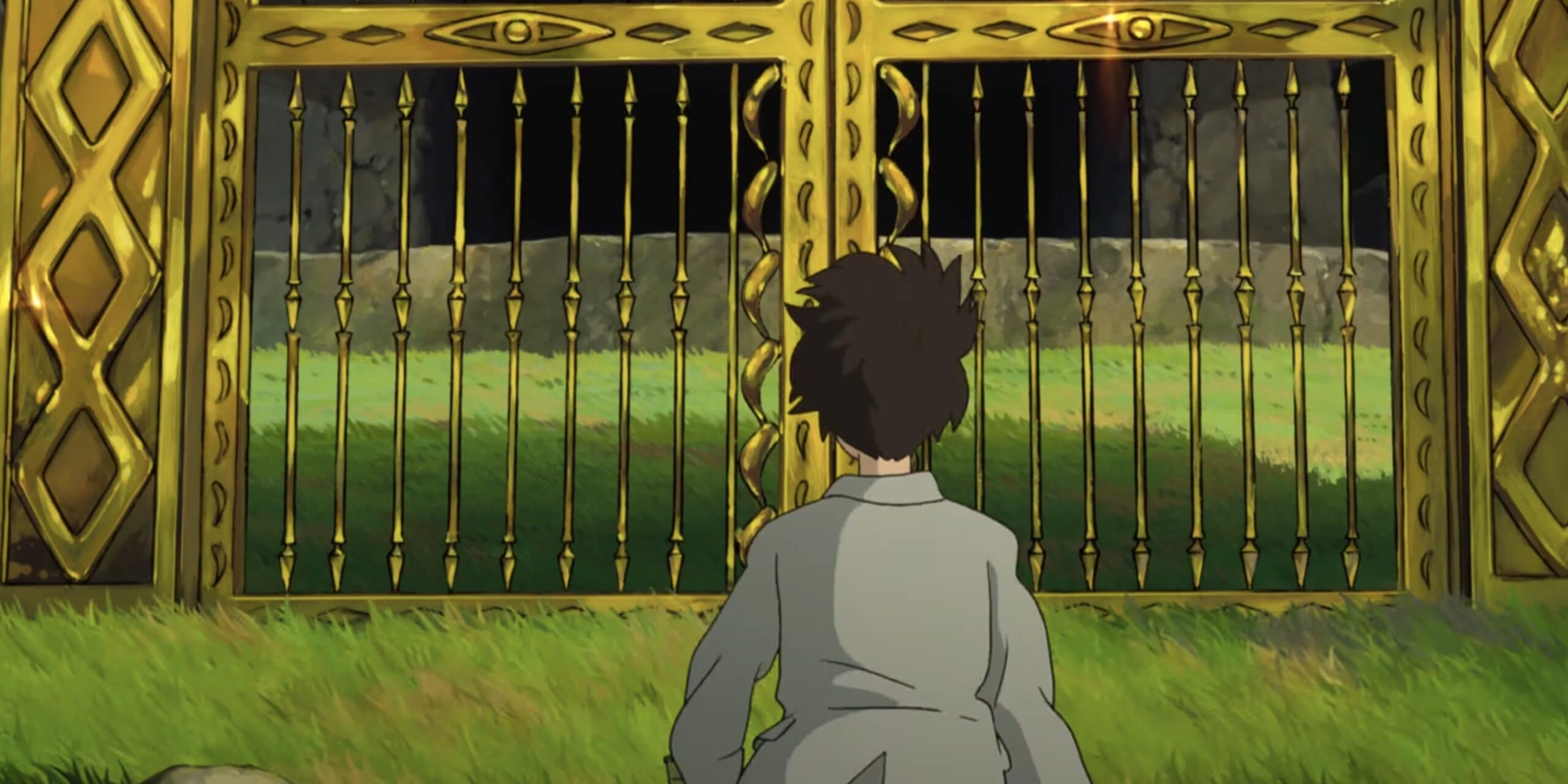
Additionally, Yomiuri posted a consumer warning on their own homepage, encouraging people not to access these fraudulent Miyazaki cryptocurrency articles.
They want to spread awareness so anime fans and others are not deceived.
This phishing scam targeting Miyazaki’s reputation comes at the height of success for the legendary filmmaker’s latest Studio Ghibli production.

His new movie The Boy and the Heron has now grossed over $130 million globally, crossing yet another major box office milestone.
Ironically, while Miyazaki dominates headlines truthfully for the triumph of his newest anime feature, his name is also being misused in fake news stories to take advantage of his fame.
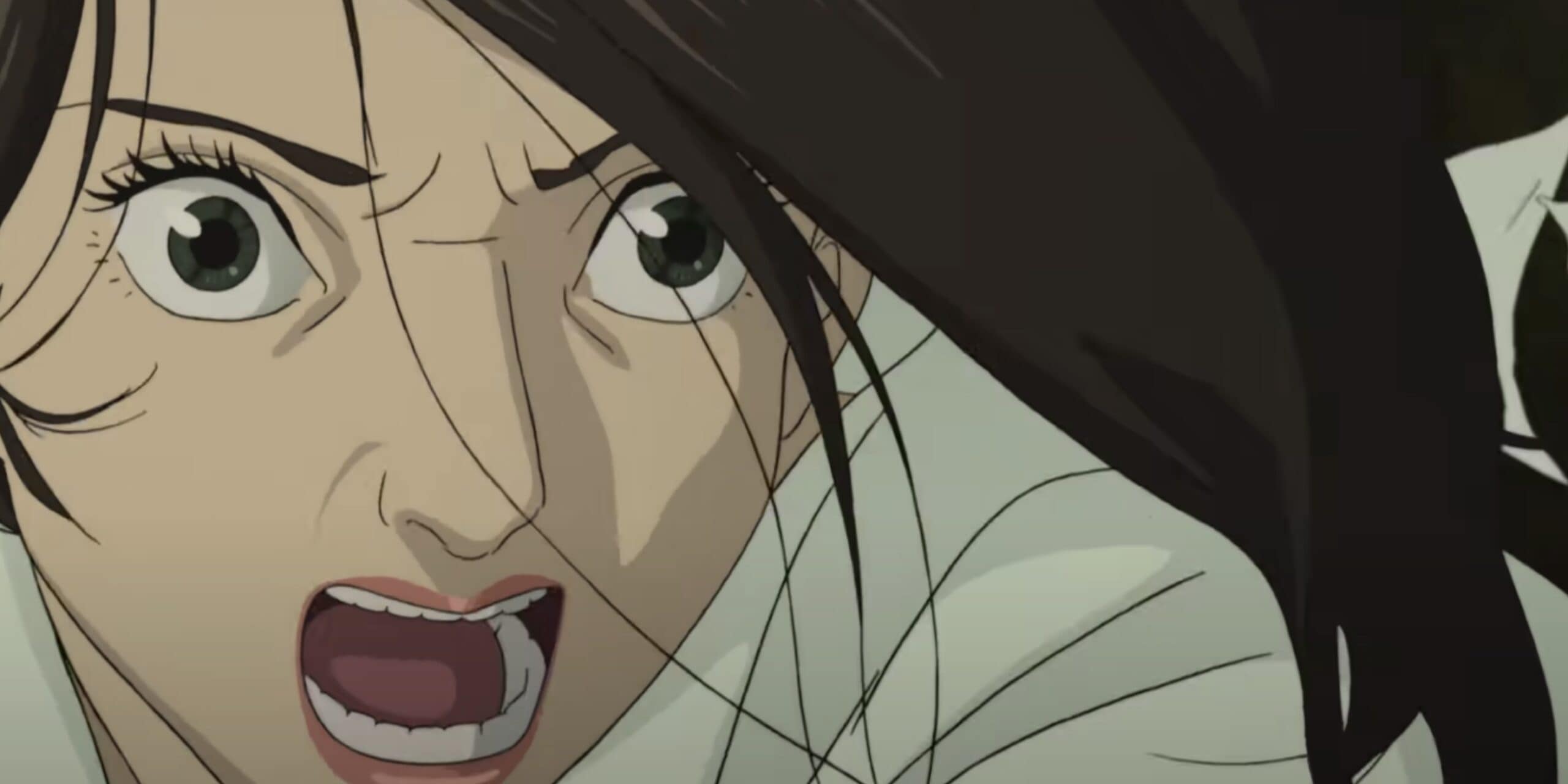
Both Yomiuri and Miyazaki himself seem to have unfortunately found themselves caught up in this cryptocurrency con despite having no actual ties or desire to be associated with it.
Miyazaki’s Latest Masterpiece, ‘The Boy and the Heron’
The Boy and the Heron, directed by the legendary Hayao Miyazaki, follows a young boy named Mahito struggling with loss.
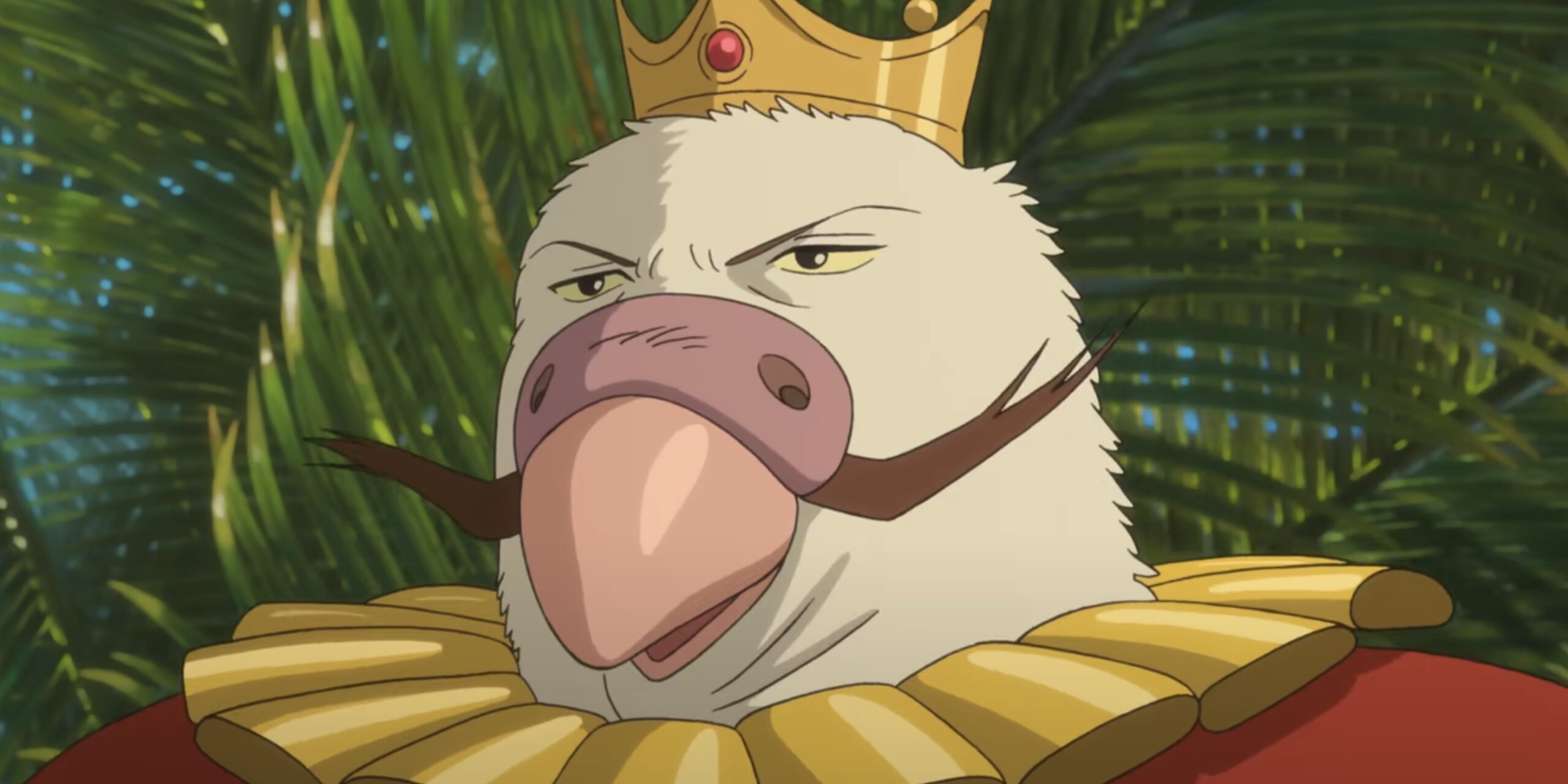
After his mother dies during wartime, Mahito relocates to his family’s rural estate. There, strange occurrences lead him to a secluded tower inhabited by a whimsical gray heron.
When Mahito’s new stepmother mysteriously vanishes, he trails the talkative heron into the tower and a fantastical realm, bridging life and death.
Guided on an epic quest by his quirky bird companion, Mahito must uncover mysteries of the spirit world and truths about himself.

As described by American distributor GKIDS, The Boy and the Heron blends Miyazaki’s trademark imagination, strong environmentalist themes, and exploration of human trauma.
Still grieving his mother, emotionally distant from his father, and resistant to his stepmother, Mahito finds wisdom and comfort in the natural world.

This latest masterwork from the legendary filmmaker has captivated global audiences, recently surpassing $130 million at the box office.
As Miyazaki’s international fame grows, unfortunately, so do underhanded attempts to exploit his reputation – as seen in the recent cryptocurrency phishing scam in his native Japan.

